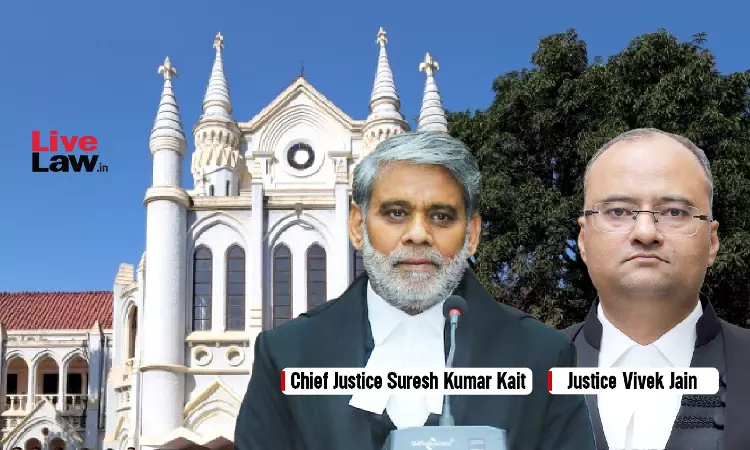HC asks if moving education to Concurrent List was legal
Tells Centre & State To Reply To PIL
Sureshkumar.K@timesgroup.com
Chennai:15.09.2021
A day after the Tamil Nadu assembly passed a bill to circumvent NEET for admissions to medical courses, the Madras high court wondered if the Emergency-era transfer of education as a subject from the State List to the Concurrent List amounted to tinkering with the basic structure of the Constitution.
The court also remarked that the 42nd constitutional amendment of 1976 had not taken education out of the state’s purview entirely, as it is still on the Concurrent List and not under the Union List. “Even though the matter was taken away from one list to another, there was no complete takeover of the subject as such,” said the first bench of Chief Justice Sanjib Banerjee and Justice P D Audikesavalu on Tuesday.
The court made the observations while hearing a public interest writ petition filed by Aram Seyya Virumbu Trust, represented by DMK legislator Dr Ezhilan Naganathan, questioning the constitutionality of the 42nd amendment.
Ariyalur girl, 17, ends life over NEET
Kanimozhi, 17, of Jayankondam in Ariyalur district, who appeared for NEET on Sunday committed suicide on Tuesday, the second such death within two days in TN. Kanimozhi had told her parents that some questions were tough and that she was concerned about the outcome. P 7
HC: There has to be equitable distribution of edu resources
The PIL said, “By virtue of transferring the subject of education from List II to List III, the states’ executive/ legislative autonomy in matters of education has become subservient to Union’s executive/legislative powers.”
Admitting the petition, the first bench observed: “Vast number of places do not have medical institutions. Why should MBBS dreams of students in certain states, where there are no medical colleges, remain unfulfilled just because the state does not have a medical college?”
Batting for ‘equitable distribution’ of educational resources, the court said: “One can respect the sentiments of the petitioner but, at the same time, please remember we have vast parts of this country where they continue to be kind of underdeveloped without the resources that other places have … Therefore, there has to be a certain amount to equitable distribution of the educational resources or making it available to students from places where it may not be so readily available.” “Even now, unfortunately, we don’t consider people from northeast as mainstream Indians, which is a tragedy because of their looks we call them Nepalese or Chinese. But they are also as much Indian as you and I,” the court said.
“They come from places where such infrastructures are not available, so we must consider all of them,” the court added, and directed the Union government to respond to the plea in eight weeks.
The court then suo motu impleaded the Tamil Nadu government as a party-respondent and directed the state to report its views.

No comments:
Post a Comment